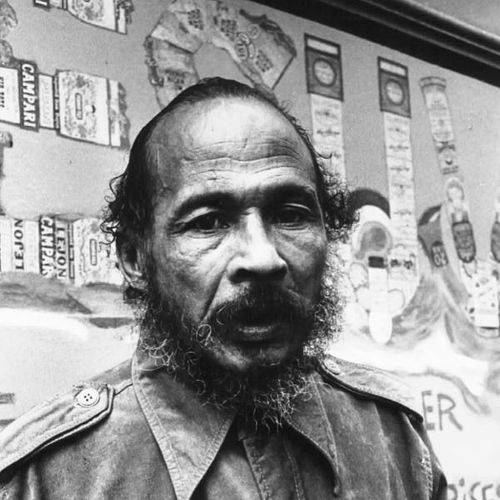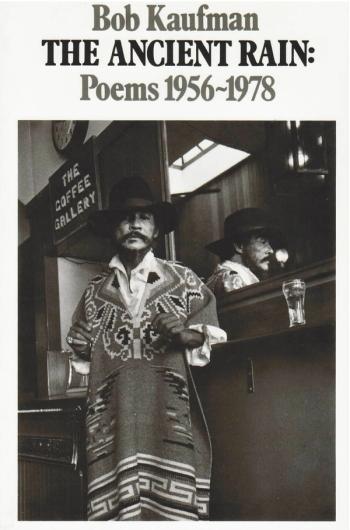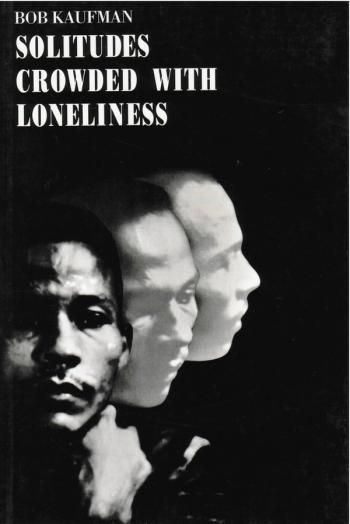As author
As contributor
Bob Kaufman
Robert Cornell Kaufman was the thirteenth of fourteen children born to a German Jewish father and a mother from Martinique. His great-grandmother, brought to Louisiana on an African slave ship, was a great influence in his youth, as was his father’s Orthodox Judaism and his mother’s devout Roman Catholicism. After the death of his father, Bob Kaufman left home to become cabin boy on a freighter. The first mate took a fatherly interest in the 13-year-old boy, instilling in him a thirst for literature and the arts, providing him with books by the world’s great writers. He remained in the Merchant Marine for twenty years, sailing around the world nine times. India and Africa were his favorite stops. In the 1950’s, while working as a steward at the Los Angeles Hilton, Bob Kaufman met Jack Kerouac, Allen Ginsberg, and Gregory Corso, and joined with them in the budding San Francisco literary “renaissance.” He was one of the founders of Beatitude, the North Beach poetry magazine, which ran for 17 issues and has been widely anthologized.


